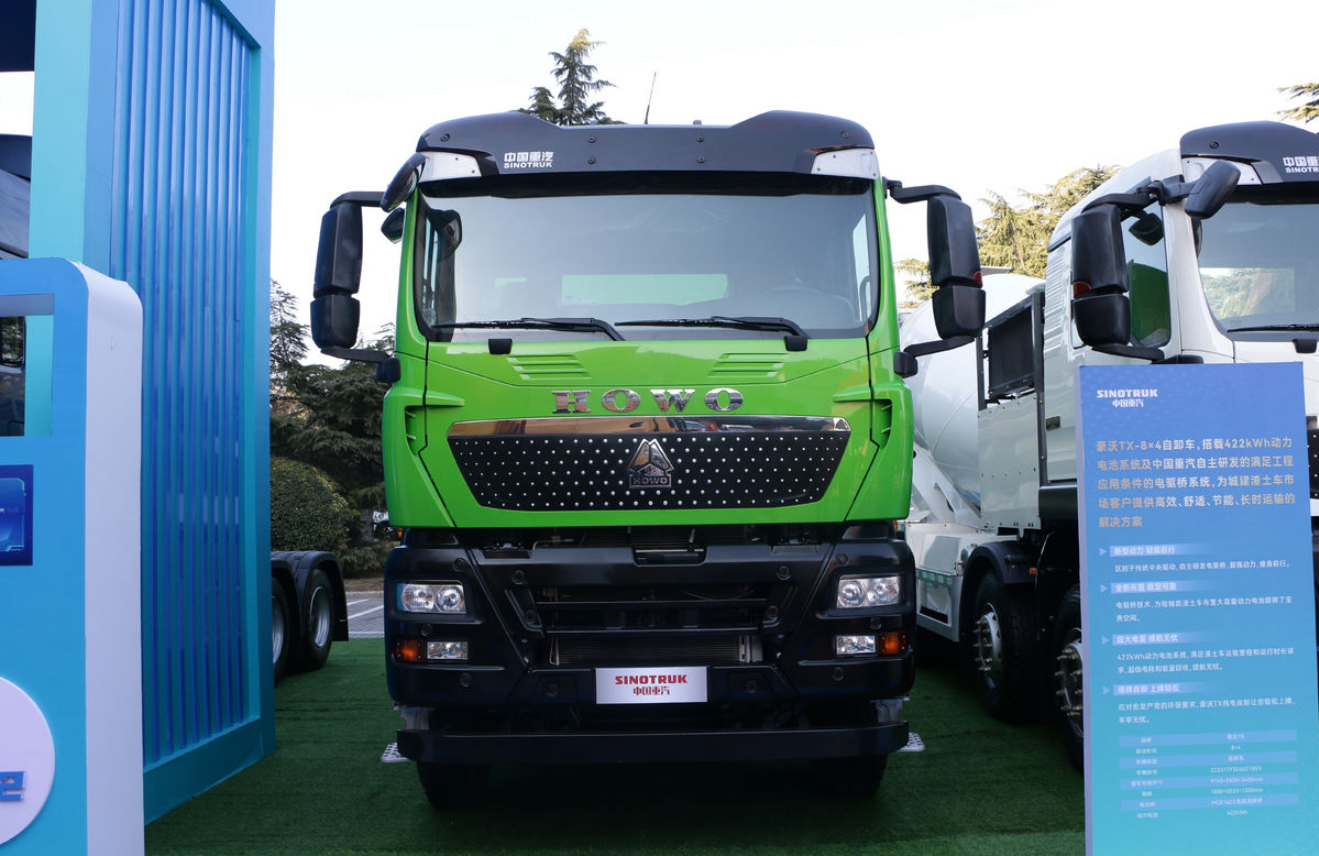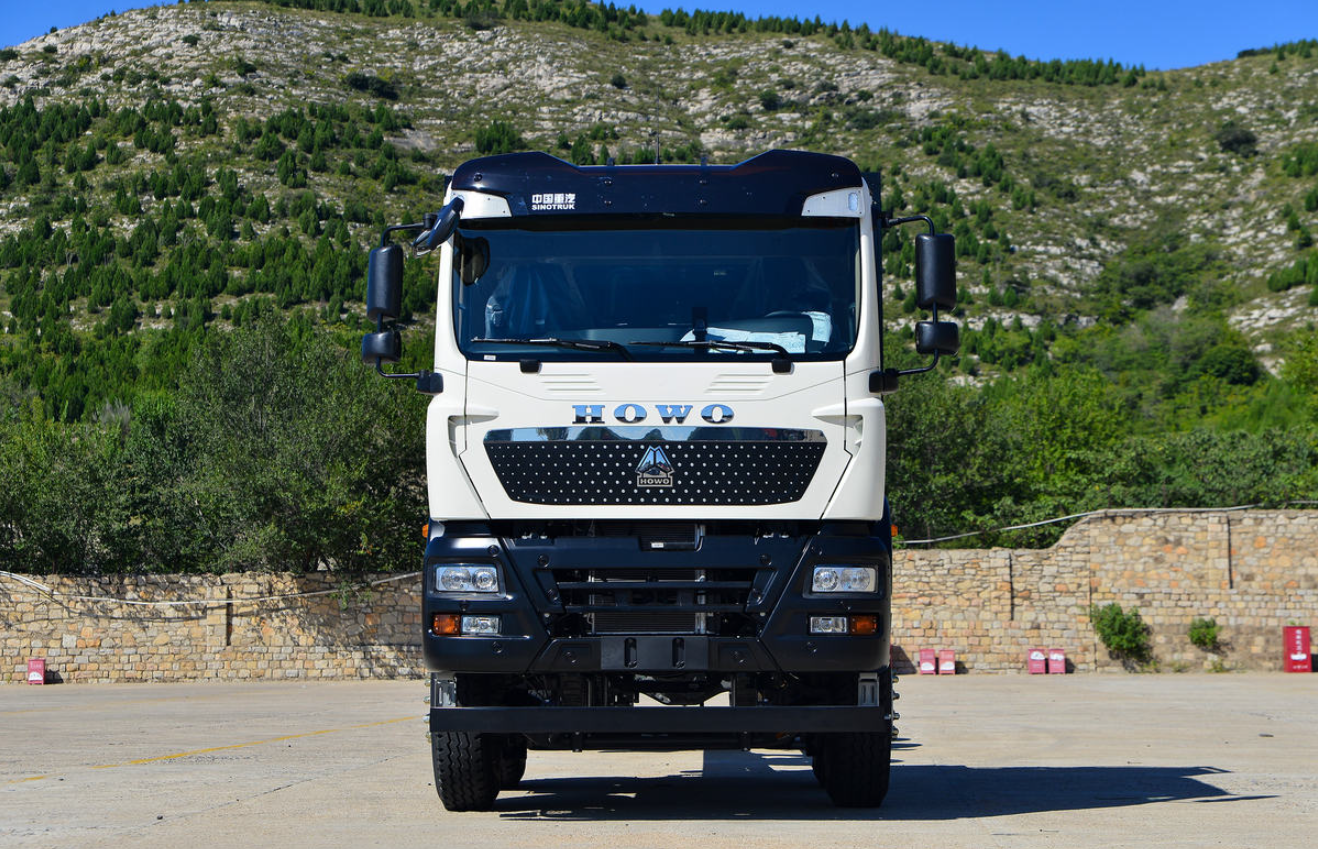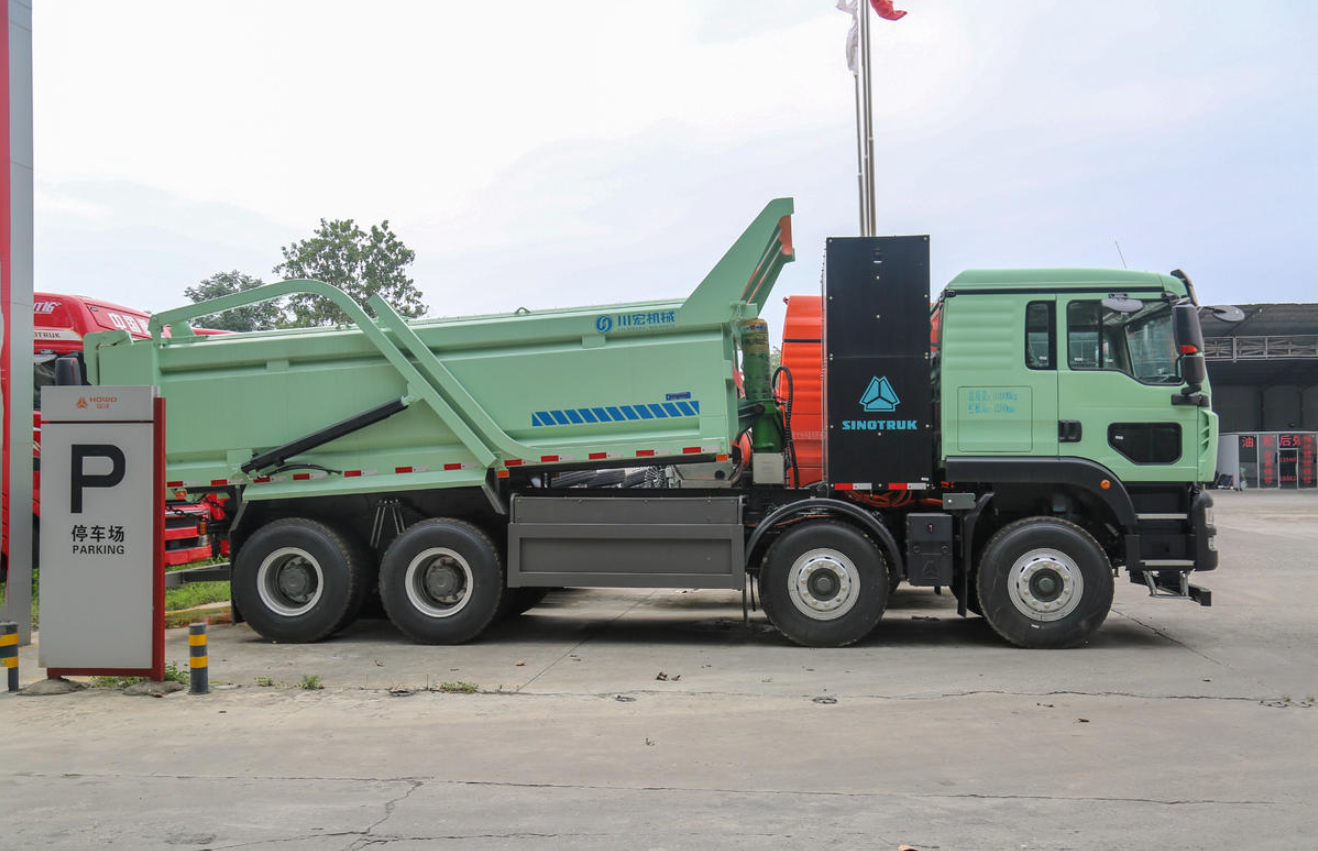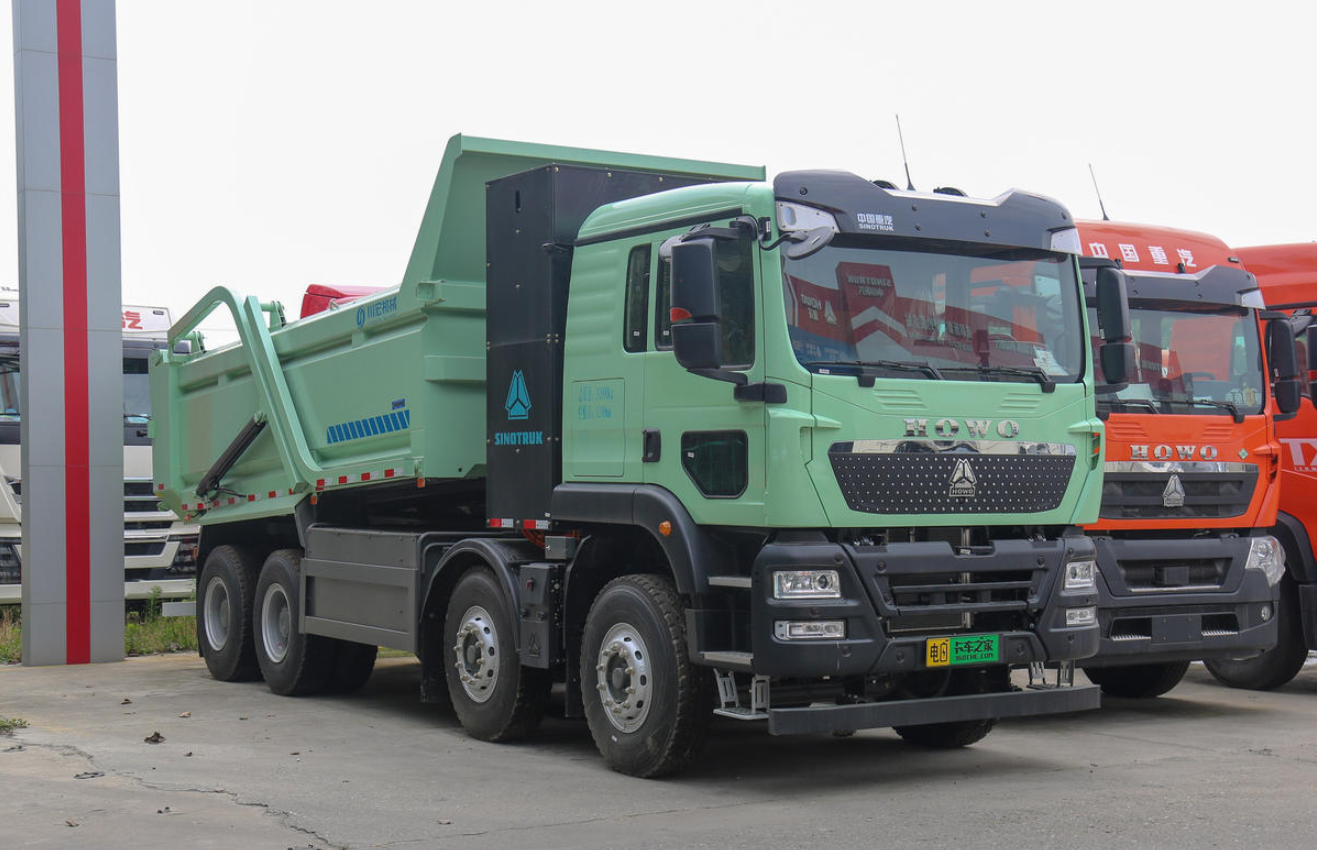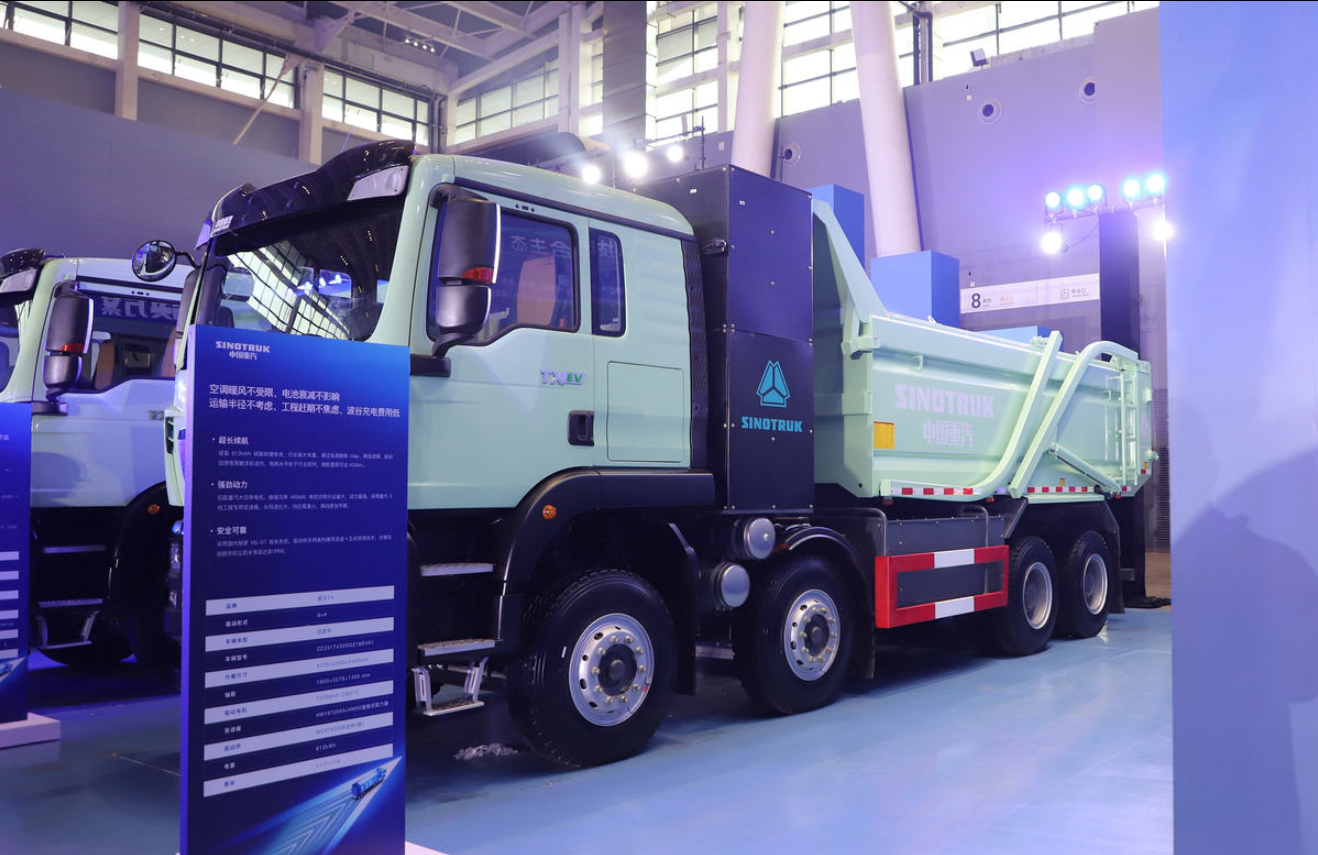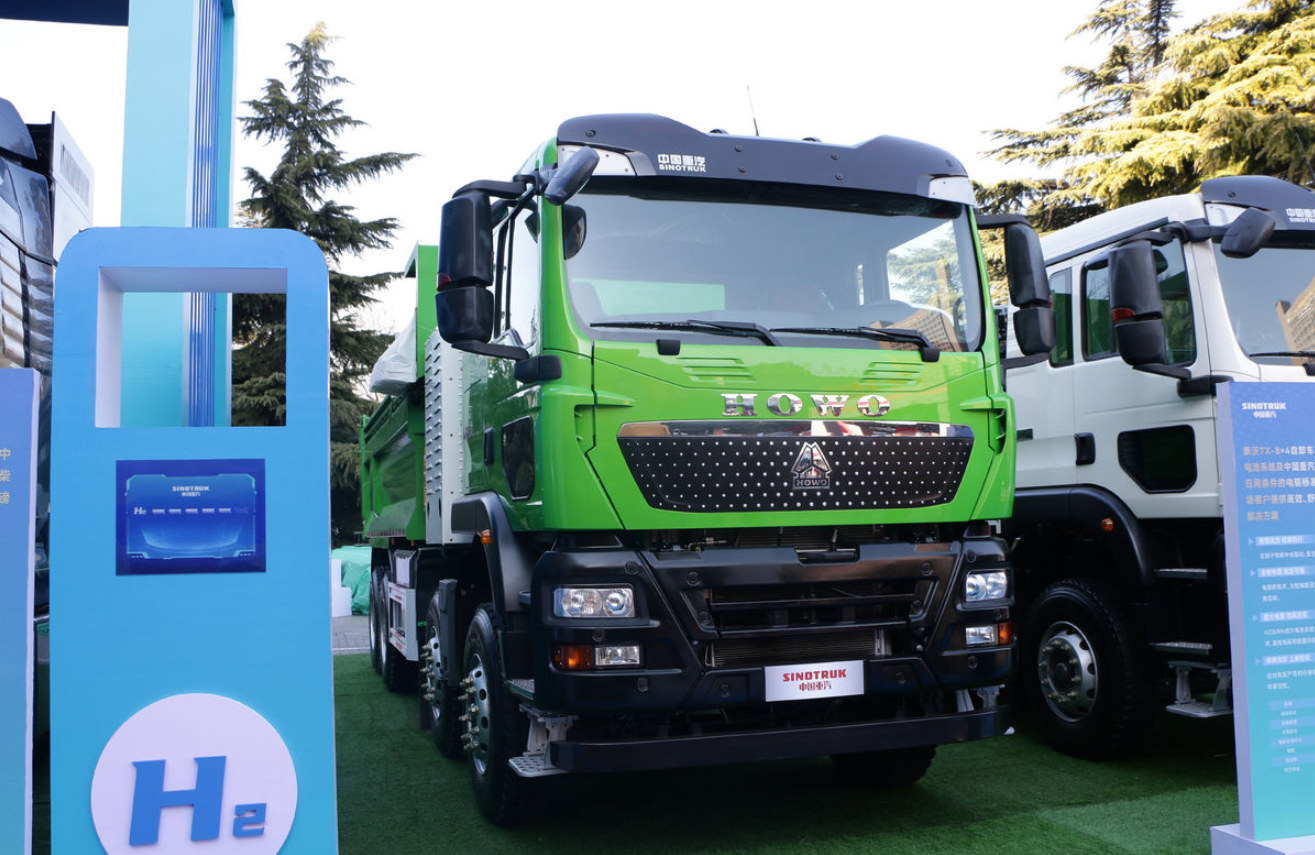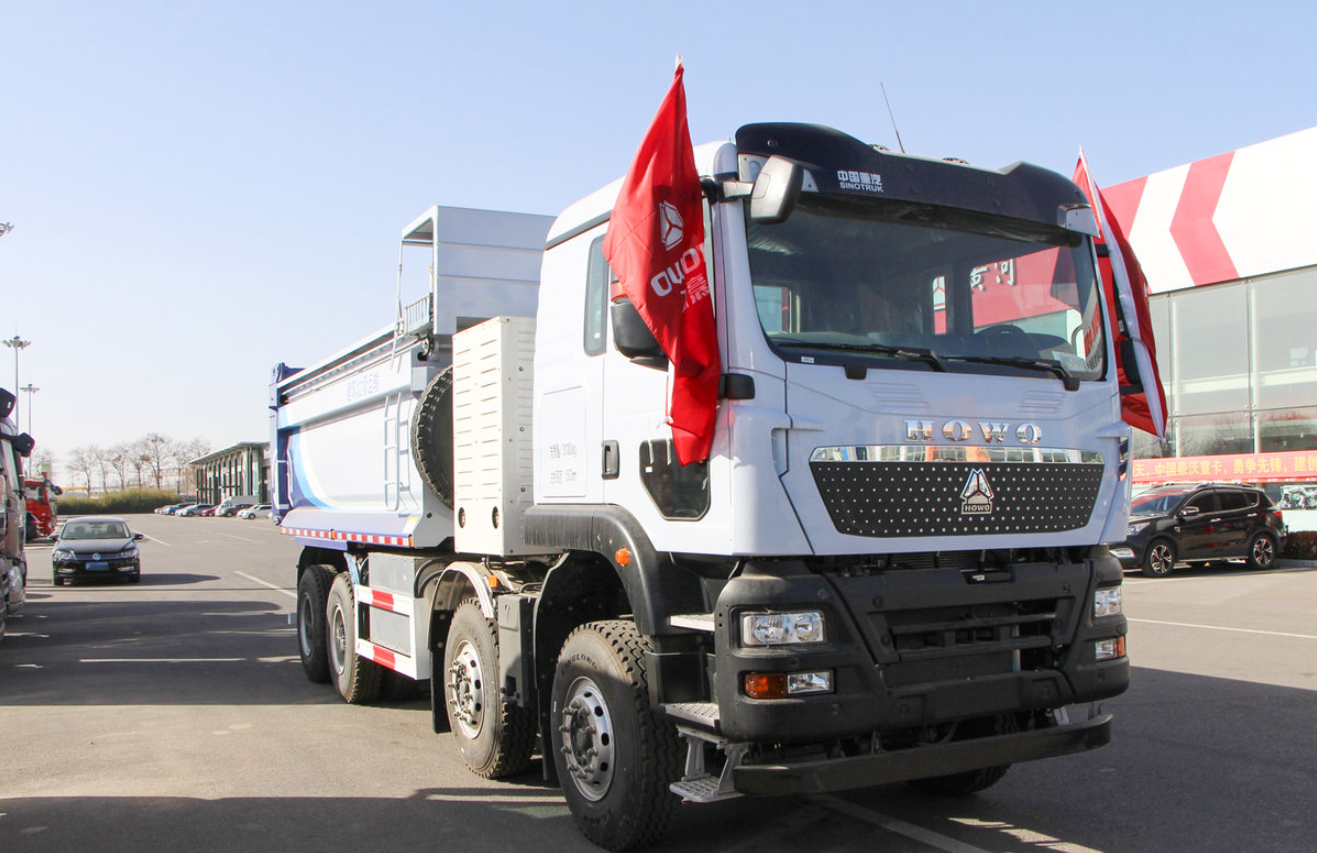Home page > list > news
Volvo Trucks' Innovation at Bauma: Insights for China's Trucking Industry
In the global landscape of the trucking industry, Volvo Trucks' recent showcase at the 2025 Bauma Munich has drawn significant attention. The launch of the world's first 42 - meter - boom all - electric concrete pump truck not only highlights Volvo's technological prowess but also offers valuable lessons for China's trucking sector.
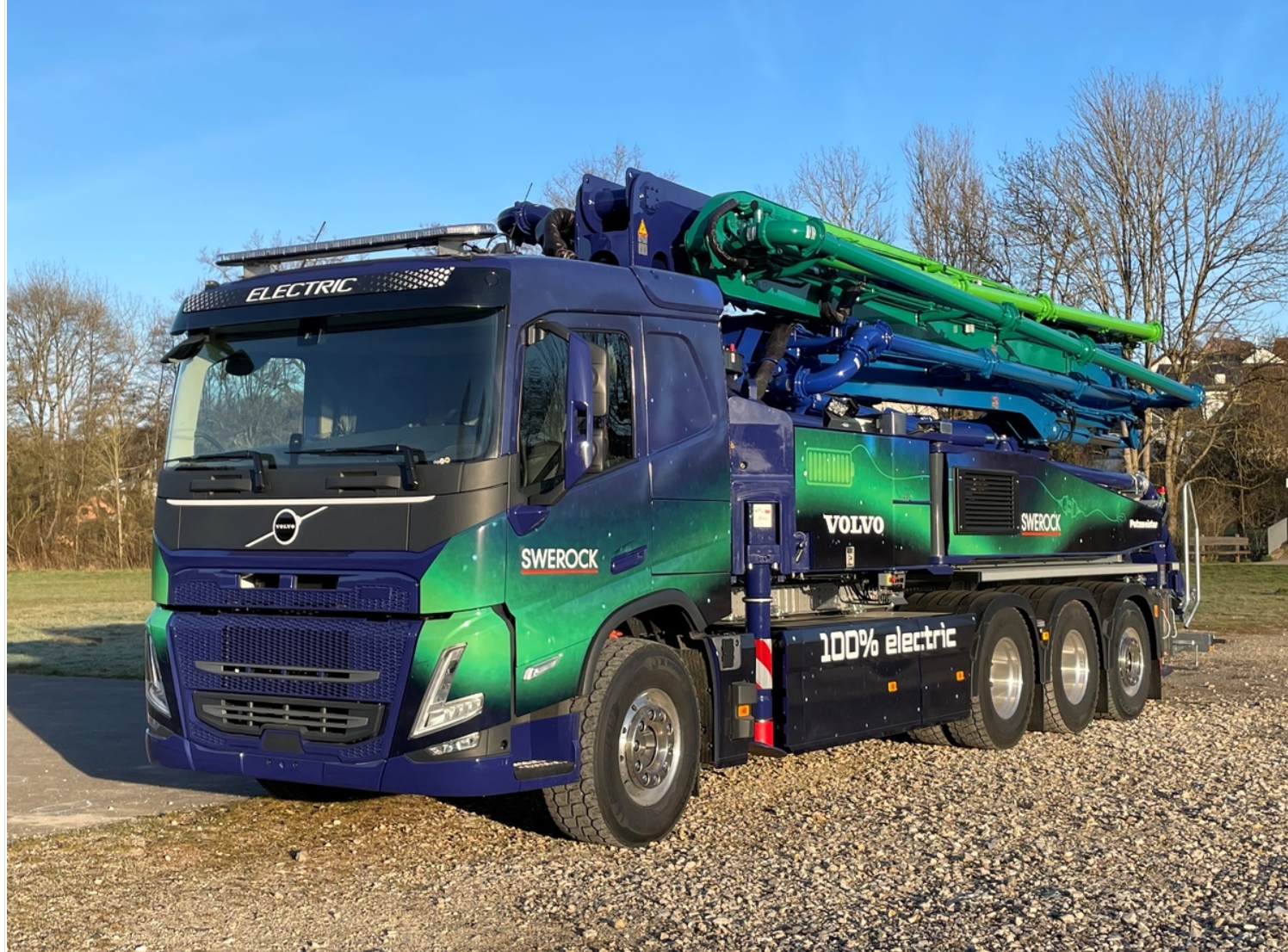
China's trucking industry is undergoing a rapid transformation towards sustainability, with a growing emphasis on reducing emissions and improving efficiency. Volvo's experience in the electric truck market, where it has achieved a 50% market share in Europe and a dominant position in North America, can serve as a benchmark for Chinese truck manufacturers.
The 42 - meter - boom all - electric concrete pump truck developed by Volvo Trucks and Putzmeister is a remarkable innovation. Its long - range capabilities and efficient charging - while - pumping feature address two major pain points in the construction industry: long - distance transportation and continuous concrete supply. In China, where large - scale construction projects are prevalent, such a vehicle could greatly improve construction efficiency and reduce environmental impact.
The zero - emission and low - noise features of the electric pump truck are also in line with China's environmental goals. As Chinese cities strive to improve air quality and reduce noise pollution, electric trucks with such capabilities are in high demand. Chinese truck manufacturers can draw inspiration from Volvo's technology to develop similar products tailored to the domestic market.
Volvo's commitment to achieving net - zero emissions by 2040 also reflects the global trend towards sustainability. China, as a major player in the global economy, is also actively promoting carbon neutrality. The trucking industry in China can learn from Volvo's long - term goals and strategies to accelerate its own transition to a low - carbon future.
Moreover, Volvo's collaboration with Putzmeister to develop this electric pump truck demonstrates the importance of cross - industry partnerships. In China, truck manufacturers could collaborate more closely with construction equipment manufacturers and other related industries to develop innovative solutions that meet the specific needs of the market.
In conclusion, while Volvo's achievements at Bauma are significant on a global scale, they also have practical implications for China's trucking industry. By learning from Volvo's technological innovation, market strategies, and commitment to sustainability, Chinese truck manufacturers can better position themselves in the global market and contribute to the country's sustainable development goals. As China continues to invest in infrastructure construction and environmental protection, the adoption of advanced electric truck technologies like those demonstrated by Volvo will play a crucial role in the future of the Chinese trucking industry
Submit purchase request
If you need vehicle configuration and quotation, please feel free to contact us
Whatsapp:+8615206750120
Email: 15206476328lulu@gmail.com
The vehicle price and configuration reference of Chinese domestic products, you need to consult local dealers for local purchase
- Submit









